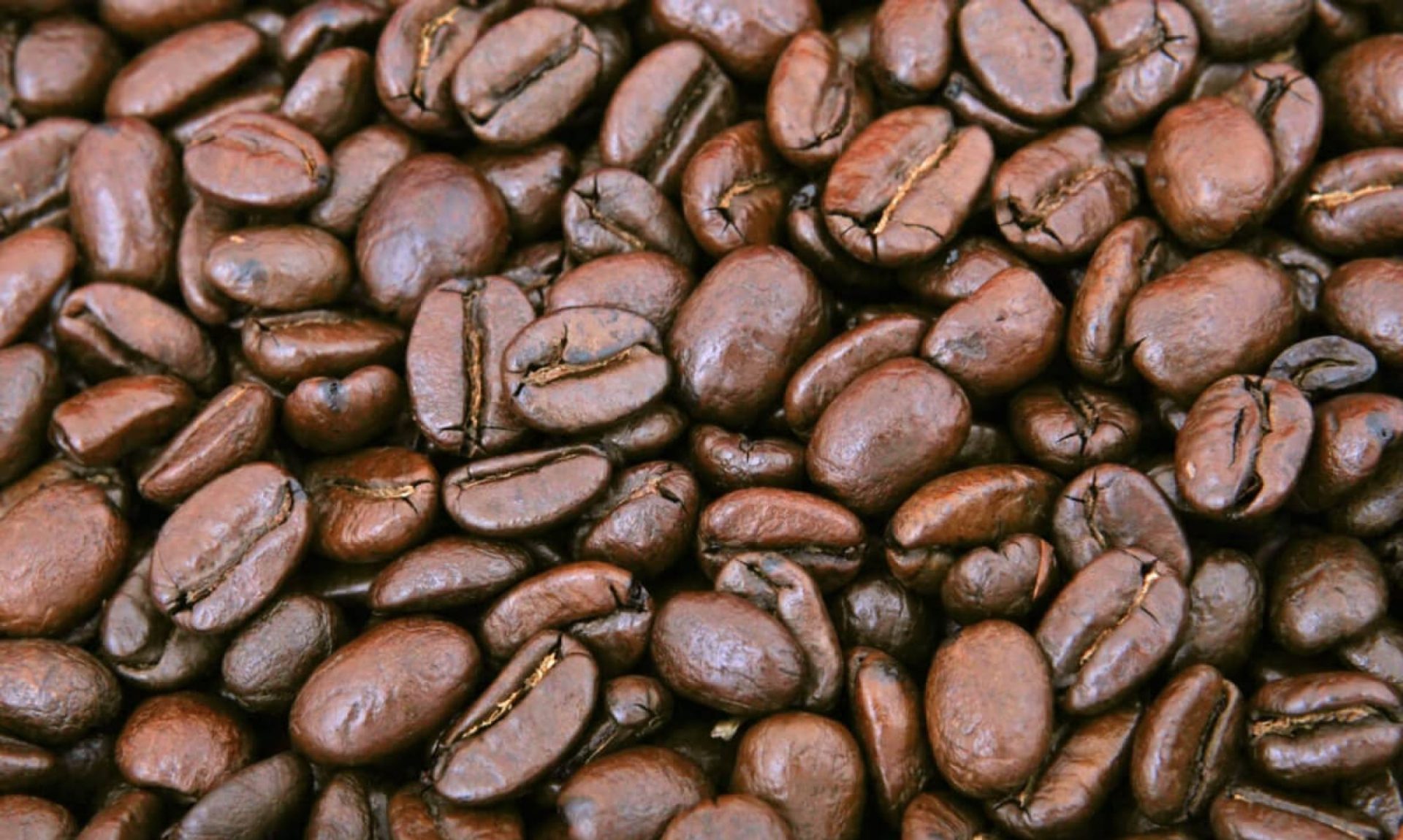A few days ago we celebrated International Children’s Day. It’s the perfect time for a blog post about the coffee and the children. The topic of children drinking coffee has sparked a significant debate among parents, educators, and health professionals. In this blog post, we explore into the question: Can children drink coffee? We examine the potential benefits and drawbacks of this controversial habit to provide a balanced perspective on whether coffee is suitable for young people.
The benefits and risks
Can children drink coffee and reap benefits? Let’s find out:
- Increased alertness: Coffee, containing caffeine, can increase alertness and reduce fatigue. In moderation, it may help kids stay focused during study sessions or demanding activities.
- Cognitive boost: Caffeine has been linked to improved cognitive function, benefiting memory, attention, and reaction time. This benefit may be valuable for children facing complex tasks or exams.
- Social bonding: Coffee culture promotes social connections. Allowing children to participate in these experiences can increase their sense of inclusion and community engagement.
However, coffee can also pose certain risks:
- Sleep disruption: Caffeine’s stimulating effects can interfere with children’s sleep patterns, making it difficult for them to fall asleep or maintain a restful sleep. This can affect their overall well-being, mood, and academic performance.
- Dependency and addiction: Regular coffee consumption can lead to caffeine dependency, resulting in withdrawal symptoms when coffee is not consumed. Headaches, irritability, and difficulty concentrating may be occur.
- Nutritional concerns: Coffee has no significant nutritional value. If children consume coffee instead of more nutritious options such as milk or water, it may lead to deficiencies in essential vitamins and minerals.
- Physical health effects: Excessive caffeine intake can adversely affect a child’s developing body, causing increased heart rate, high blood pressure, and digestive issues. Dental problems and tooth discoloration may also result from coffee consumption.
Should children drink coffee? Guidelines for parents
If you are considering allowing your children to drink coffee, consider these guidelines:
- Age appropriateness: Young children should avoid coffee due to their developing bodies and increased susceptibility to the effects of caffeine. It is generally recommended that children under the age of 12 avoid coffee altogether.
- Moderation: If older children are permitted to drink coffee, moderation is key. Limit caffeine intake to no more than of 100 milligrams per day, the equivalent to one small cup of coffee.
- Education: Educate children about the potential risks and benefits of coffee consumption. Promote informed decision-making and mindful caffeine consumption.
- Balanced diet: Ensure that coffee does not replace nutritious beverages such as milk, water, or fruit juices. Emphasize a well-rounded diet that includes a variety of healthy options.
Conclusion
The question of whether children should drink coffee is complex, with valid arguments on both sides. While moderate coffee consumption may have some benefits for older children, the potential risks associated with caffeine consumption should not be ignored. Consider your child’s age, overall health, and individual circumstances when deciding whether coffee is appropriate. Prioritizing a balanced diet, quality sleep, and open communication will help ensure your child’s well-being.
